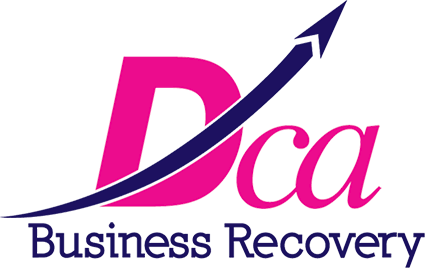Floating Charges – The Power of Invalidation?
Most small businesses are struggling with cash flow in this economy and when the bank refuses to increase the overdraft, or offer the business a loan, where do the business owners turn to?
It is hard enough to find the funds to pay the wages at the end of the month let alone when cash flow is stretched to an all-time low, added to this having to find the rent to pay the landlord, can sometimes feel like the final straw.
Sometimes the business owners will look to their own savings in order to ease cash flow pressures. Also if HMRC are chasing, then the directors may pay the taxes of the business from their own personal savings or use their own credit cards to ease the situation.
On the advice of an advisor the directors will then seek to secure their investment via a Floating Charge against the company assets and everything is safe.
However then the company is subsequently placed into Insolvent Liquidation and the directors wish to rely on their charge for the assets of the company. It is a simple procedure of obtaining a valuation and then taking control of the assets. Right?
Wrong! Whilst floating charges are considered valid security, the key to whether it will be valid or invalid is timing. Section 245 of the Insolvency Act 1986 seeks to provide confirmation on this and states that the first test is whether or not the charge was created in a relevant period. For directors this period is 2 years dating back from the commencement of liquidation. The next point is that a floating charge will only be valid in respect of monies provided to the company at the same time or after the charge was created.
Therefore, if Mr Director lends the company £250,000 in January and then a further £50,000 in June, but at this point requires a floating charge as security. The charge will not be valid for the old debt, and instead will be valid for only £50,000.
However this does not just relate to directors and will also apply to banks and other lenders, but the period is shortened to just 12 months.
When seeking advice on the validity of a charge to be registered, ensure that this Section is included in the questions asked of your advisor. This error could not only lose the director further time and money but could result in their personal bankruptcy.
To arrange an informal meeting, please contact Debbie Cockerton on 01702 344558, or email debbiecockerton@dcabr.co.uk or take advantage of our “UK Recovery Helpline” which operates 7 days a week, (8am to 8pm) on 0800 066 2544.

